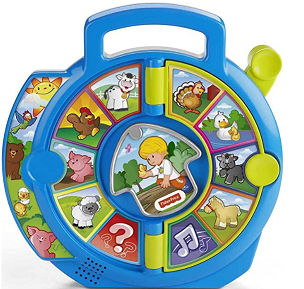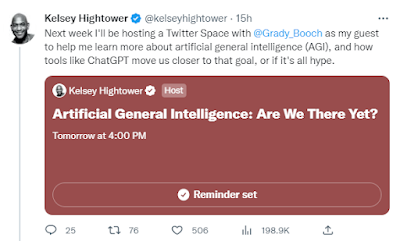Mind control is real! - you are effected every day (but you just don't know it)
/
When you think about 'mind control'. You may envision people wearing tin foil hats, or about government experiments trying to take over your mind. Or perhaps hypnotists trying to get you to assassinate a political figureSome of these are purely fictional or conspiracy theories, but you maybe surprised to know that real life 'mind control' does exist, and is used very often in society - just not necessarily in the way you think.
In psychology circles we have the term 'cognitive dissonance'. When we are faced with contradictory information our brain becomes uncomfortable in this state and 'rushes' to resolve the apparent conflict.
A simple example that many people may be able to relate, consider the action of eating a hamburger. If you are like me you love hamburgers, but if you stop to think about it, that hamburger (the meat) came from a cow, a pretty innocent animal just going about it's life which then came to an unfortunate, and early end when butchered so that it could end up on your plate. Today we are far removed from the act of slaughter that occurred, and we justify and rationalize our feelings about it. We are meat eaters, survival of the fittest, etc. telling ourselves it is 'okay' that this happens, because we like the taste of that hamburger which contradicts the possible shameful feelings of killing the animal that made it.
Depending on your personal beliefs, this disagreement 'dissonance' can vary from person to person. Some people will have no particular care about the cow, while others will need to make very strong justifications, and some still will opt to a vegetarian or vegan diet.
Now this 'mind control' you do to yourself. But it can be used in many ways by others (companies, governments, as well). Here are some examples.
Paying higher $$ for the same quality product.
L'Oreal has a slogan - you may have heard it before "Because You're Worth It". Why buy a cheaper priced 'no-name' brand hair product, when you can buy L'Oreal'. The conflict? The same hair die costs $2.99 at a local department store costs $55.00 from L'Oreal. Why would I pay $55?
The original full statement from the 1971 advert/article went something like this
I use the most expensive hair color in the world. Preference, by L'Oréal. It's not that I care about money. It's that I care about hair. What's worth to me is the way my hair feels. It feels good against my neck. Actually, I don't mind spending more for L'Oréal. Because I'm worth it."
You brain had to mentally justify this conflict (why buy the most expense hair color?) and L'Oreal helped prime you with their slogan. L'Oreal is not the only one using mind control either - You believe that by paying more $$ you are getting better quality, but often in reality the quality does not vary by any significant percentage, but we 'fool' ourselves (often with some careful priming) into believe this is true to justify the increased cost.
Helping the environment
Ever see on the top of that bottle or aluminum can - '5 cent refund' when returned for recycling? Why 5 cents, why not 10 cents, 50 cents or even $1.00, surely more people would recycle if they got $1.00 back right? Mind Control at work. You know that 5 cents isn't a sufficient justification to go around gathering bottles up and recycling (heck at today's gas prices it costs more to drive to the recycling depot then any refund you get from the bottle exchange) - So what do our brains tell us? . A study was done sometime in the 80's that determined that "5cents" was just enough incentive that people would justify it as
"I do it for the environment, it's not just about the money". Too much money and as soon as the money stops so does recycling, too little and people are content to let the trash pile up in their parks, sidewalks, and storefronts
Exercise
One company called 'carrot rewards' (now optimity) would reward you with virtual "diamonds". You can then trade those diamonds for gift cards, another example is the "PC Health" app, which rewards you with 'points' that you can redeem at their store for completing health challenges. Again these redemption amounts are so small, they are not enough to justify the reason to exercise, but they are just enough so that you brain tells itself "you are not really doing it for the money, you are doing it to be healthy".
Cults
One extreme example of cognitive dissonance occurred to members of Heaven's Gate who believed that they would get to travel away on a spaceship riding behind the Hale-Bopp commit of 1997. This conviction was so strong in some members that some members reportedly returned their telescopes as "defective" when the were unable to see the spaceship that the knew was following in the comet's wake. You maybe able to think of other charismatic leaders which also created similar confusion in the minds of their followers.
More often then not when our brain convinces itself of something (whether true or false) because of this conflict, we are often not even aware that it happened. We truly believe the thought is our own, not something that has been secretly 'planted' in their, carefully setup to trick us into believing we reached the conclusion all on our own. As can be seen above, this can have both positive and negative effects on our lives and society as a whole.
So the next time someone tells you "mind control" isn't real - tell them about cognitive dissonance and then ask them about their choices of favorite diet, recycling program, or expensive hair care product









Comments
Post a Comment